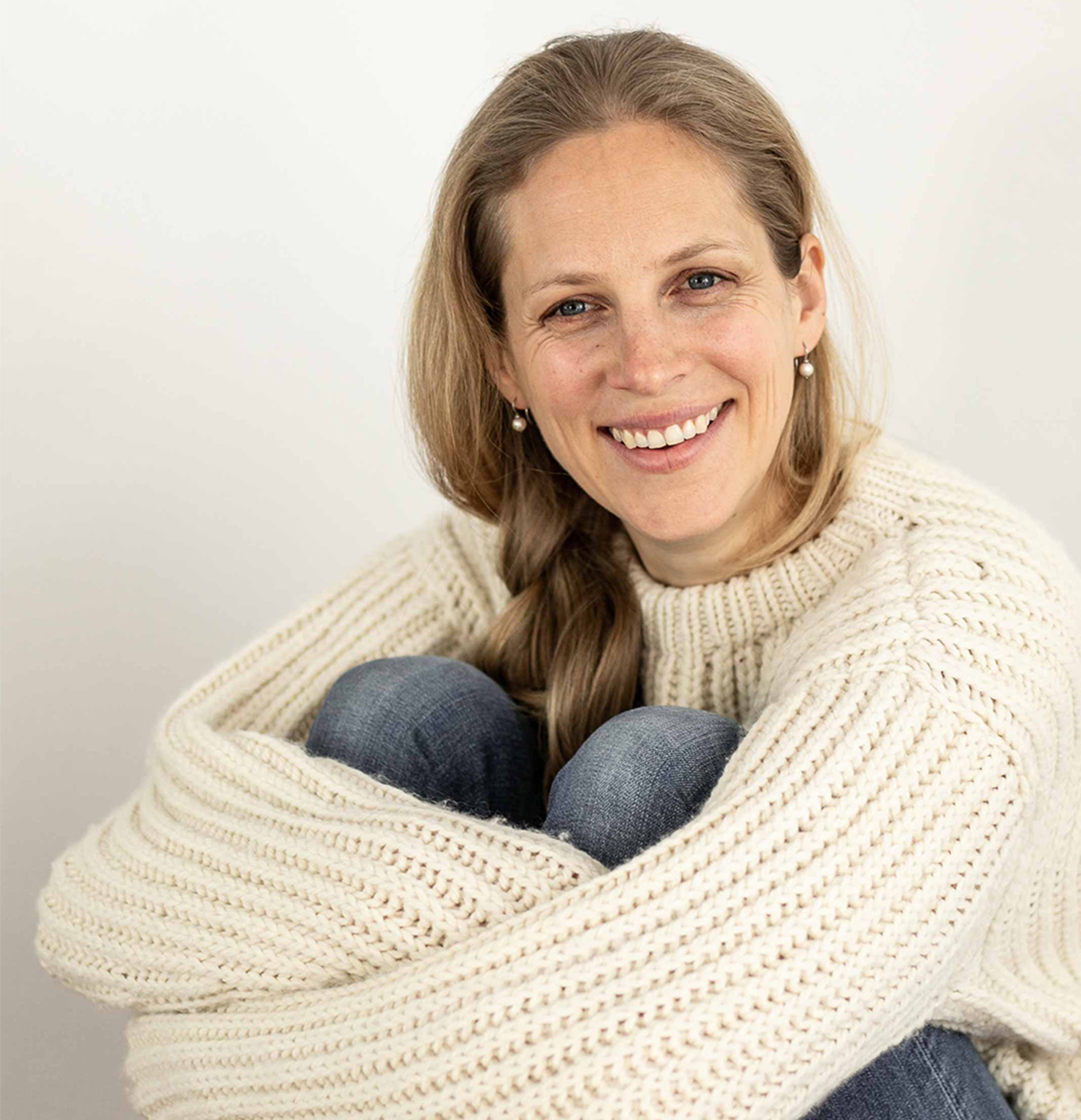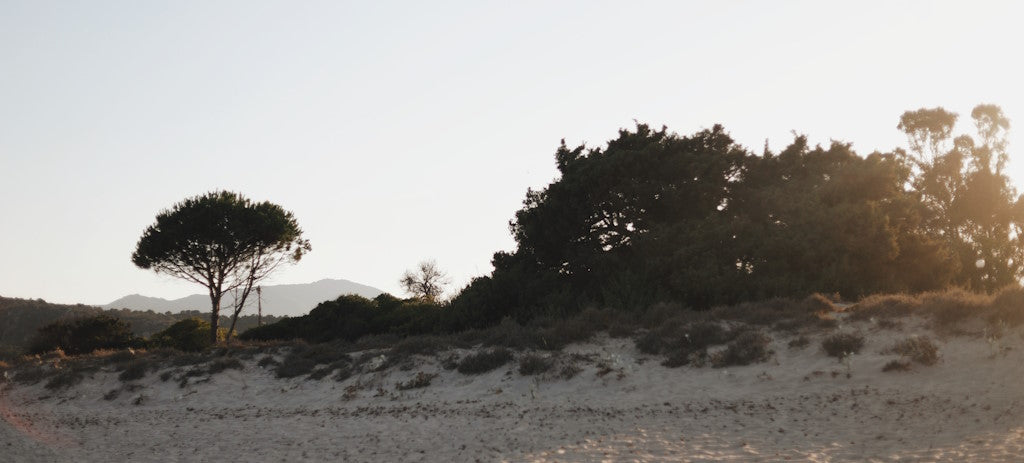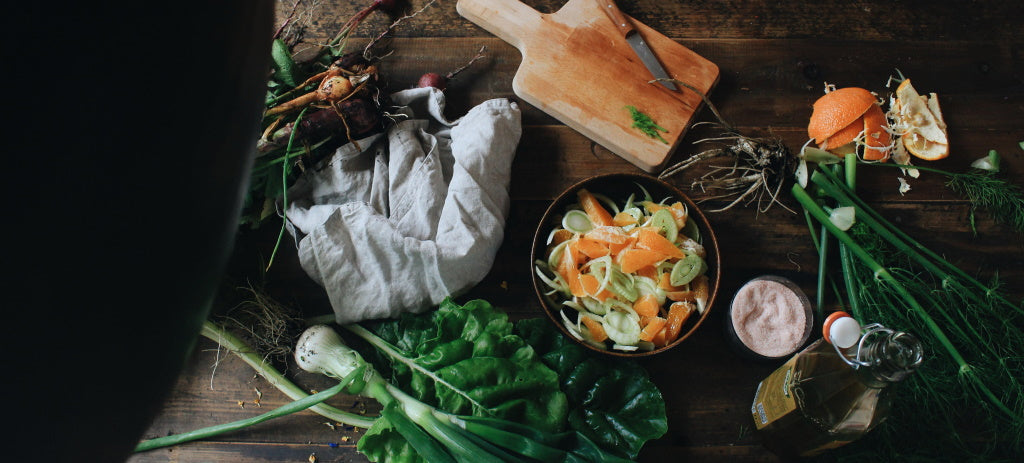Time to rethink your diet


Microbes are believed to be the world's oldest life form Researchers have discovered fossils more than 3.5 billion years old. The tiny organisms cannot be seen with the naked eye, and yet they are the key element for all important processes on earth such as nutrient cycles and biodegradation. Microbes are ubiquitous not only in nature, but also on and in our bodies, affecting every aspect of our lives. The gut microbiome is a complex ecosystem and consists of billions of microorganisms from a large community of different bacterial strains. Ultimately, our health depends on maintaining this fine balance, so what can we do to actively contribute to itragen?
Evolutionarily, we humans are opportunistic eaters, classic omnivores, consuming both meat and plants. However, meat was not always readily available - the mammoth had to be hunted first and so our ancestors mainly ate complex carbohydrates contained in fruit, vegetables and whole grains. In the course of evolution, people became more sedentary and domesticated plants and animals, which of course also brought about a change in diet. Nevertheless, meat was not on the menu every day, raising an animal means a lot of work and can also be expensive, and roasts were served on special occasions. With the industrial revolution, our diet has changed drastically. New food processing methods and increased productivity have led to higher consumption of red meat, artificially sweetened foods and beverages, high-fat dairy products, fried foods, and especially more calories. The Western diet is designed for lots and good taste, but has a significantly lower nutritional value than the classic diet of our ancestors. Eating processed foods means our microbes in the gut microbiome are getting fewer nutrients. As a result, they die off and this in turn leads to an imbalance. For an intact intestinal flora we have to eat a balanced diet by making a conscious decision to eat it every day. Small changes in diet can make a big difference, such as:eispiel:
Eliminating sugar from your diet as much as possible would be a good start. In 2019/2020, 166.18 million tons of sugar were produced worldwide. And although sugar consumption is declining, we Germans consumed an average of 9kg of sugar per person in 2019. Sugar is high in calories but low in nutrients, the classic among empty calories. Good alternatives to fizzy drinks or juices with added sugar would be simply to drink a glass of water or even tea. And we simply save the little sweet delicacies for the special moments, because every now and then you can treat yourself to something.n.
Avoid processed foods such as ready meals and prepare your own meals at home if possible. After all, you only have control over the ingredients if you chop and cook yourself. Just stop by the local fruit and vegetable dealer, baker or butcher and find out about sustainable, organic products. And if you're shopping in the supermarket around the corner, a quick look at the packaging will give you information about the ingredients and additives.
The Harvard School of Public Health has developed a visual aid for balanced meals with the healthy plate. Based on the five food groups, half the plate is filled with fruit and vegetables, not counting potatoes and chips (high in starch and then fried). A quarter of the plate consists of carbohydrates from whole grain products such as brown rice or whole wheat pasta. Avoid refined grains and white flour products like white rice or white breads. And the other quarter of the plate is for protein foods like fish or poultry. Avoid red meat and sausages. Legumes and nuts are good vegetarian alternatives.n.
Eat a varied and plant-based diet. After all, billions of microbes live in our intestines, which require different nutrients. So if we always eat the same thing, it doesn't contribute much to an intact intestinal flora. Studies by the Food and Agriculture Organization of the United Nations have found that 75% of the world's food is made from just 12 plant species and 5 animal species, with corn, rice and wheat being the main dietary cereals. There are many good alternatives in the health food store, such as amaranth or bulgur. And in grandma's cookbook you will also find a good selection of barley and millet recipes. Being open to alternatives also means doing something good for our planet: it promotes greater biodiversity and a healthy ecosystem. This also applies to our meat consumption. 14% of global CO2 emissions are caused by agricultural animal husbandry. Ultimately, what is good for our body also helps our environment..
“Your food shall be your medicine and your medicine shall be your food. This famous quote attributed to Hippocrates is more relevant today than ever..





Comments